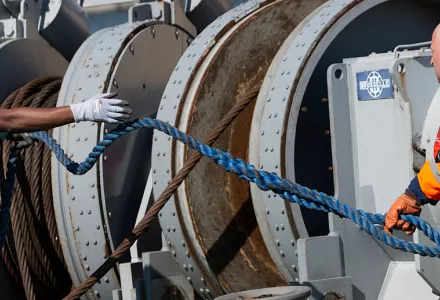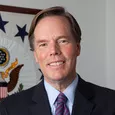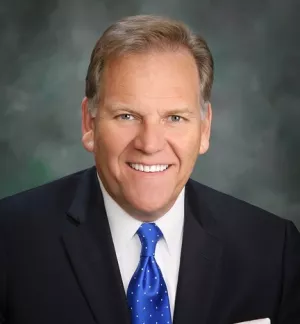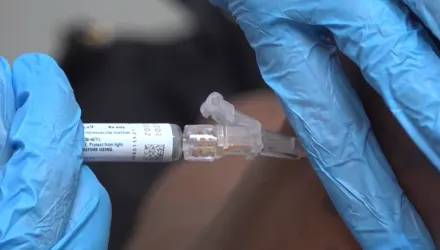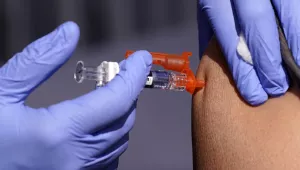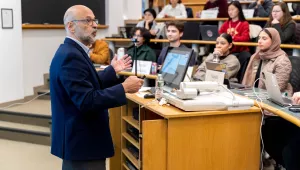The role of the Intelligence Community (IC) in serving a public health mission must be re-evaluated and operationalized. This starts with consistent policy-level requirements to use all intelligence resources – open source and clandestine – to provide surveillance and early warning, support response, and to tie together facts with all-source analysis.
Only when leadership is asking questions will the IC apply and sustain sufficient collection and analytic resources on this problem set; in particular, to illuminate what others seek to hide. Second, public health issues must be viewed as an enduring national security mission in the same light as nuclear proliferation, acute terrorist threats, or great power conflict. A pandemic represents not only a high consequence event, but also an event that is certain to happen.
Finally, the cultural silos between the national security and public health universes must be broken down. Public health is eroded in poor security environments, and national security is eroded when public health fails. Each can and must support the other.
To assist in better understanding the role of intelligence during the COVID crisis, the Belfer Center’s Intelligence Project sponsors relevant events for the public over Zoom. Here are just a few recent examples:
- “What Comes Next? Adapting Intelligence for a Post-COVID World” – Belfer Center Senior Fellow Sue Gordon
- “Lessons from the Hunt for Terrorist WMD Applied to a Post-Covid World” - Belfer Senior Fellows Rolf Mowatt –Larssen and David Ignatius
- “Facts Over Fears: Leading in an Era of Global Threats and Uncertainty” – Belfer Center Senior Fellow James Clapper
Considering Public Purpose in the Time of COVID-19
Amritha Jayanti (Research Assistant, Technology and Public Purpose Project), Colin O'Leary (Harvard Medical School), and Michael Mina (Harvard T.H. Chan School of Public Health)
– This is an excerpt from a longer publication.










